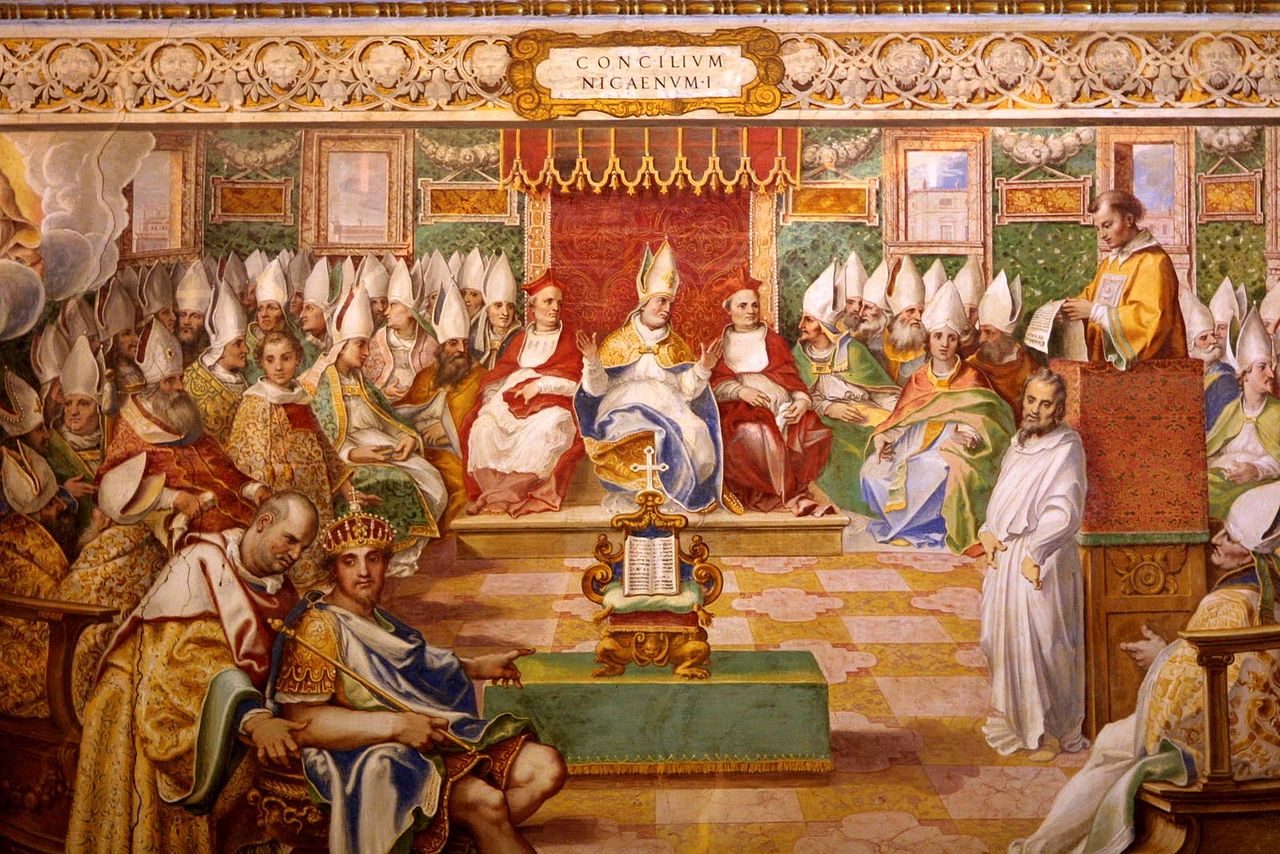I. The Reforming Catholic Confession (RCC) in Context
One criticism of the Protestant Reformation that is often raised is that it splintered the universal church in the 16th century. The sectarian spirit of the Reformation not only undermines ecclesiastical authority; it also engenders a rebellious spirit resulting in radical individualism and secularization of of modern society. The proliferation of Protestant denominations only confirms the perception that the Reformation is a tragedy to Christianity.
It is therefore appropriate that recently, more than 250 Protestant leaders and theologians published “A Reforming Catholic Confession (RCC) –A “Mere Protestant” Statement of Faith to mark the 500th anniversary of the Reformation.”
The RCC begins by setting the diversity of Protestant denominations in proper perspective.
Not every denominational or doctrinal difference is a division, certainly not an insurmountable one. We dare hope that the unity to which the Reformers aspired may be increasingly realized as today’s “mere” Protestants, like Richard Baxter’s and C. S. Lewis’s “mere Christians,” joyfully join together to bear united witness to the gospel of Jesus Christ and to its length, depth, breadth, and width – in a word, its catholicity
The RCC lays out a set of eleven carefully and precisely formulated doctrinal statements [D] under the following headings: Triune God, Holy Scripture, Human Beings, Fallenness, Jesus Christ, The Atoning Work of Christ, The Gospel, The Person and Work of the Holy Spirit, Baptism and Lord’s Supper, Holy Living and Last Things. This is accompanied by an explanatory document, Explanation. A Historical and Theological Perspective: Why we say what we say
I shall give only a few abridged statements of the RCC as a sample to provide a sense of its precise formulation accompanied by an irenic spirit. Continue reading “A Reforming Catholic Confession: Continuing the Reformation to Attain Unity of the catholic (universal) Church”
 The Council of Nicea (AD 325)
The Council of Nicea (AD 325)